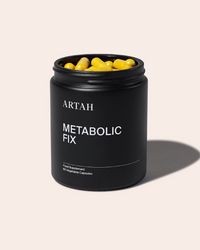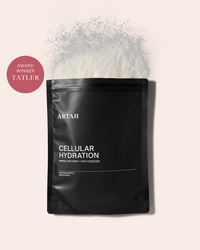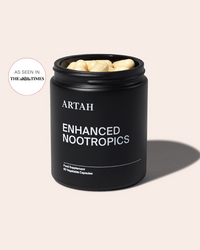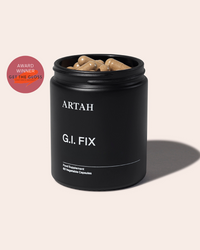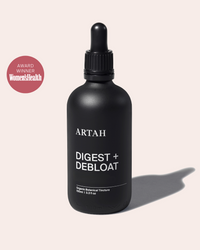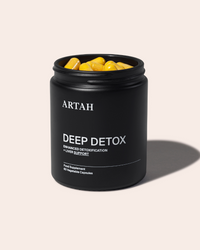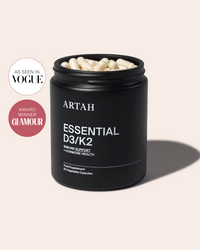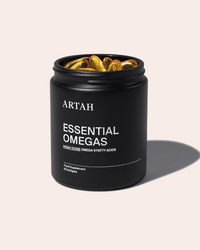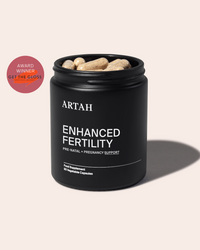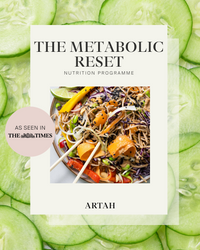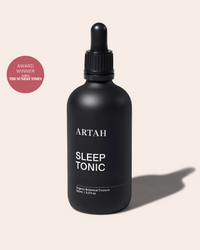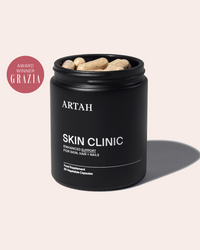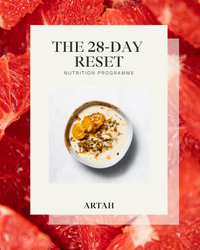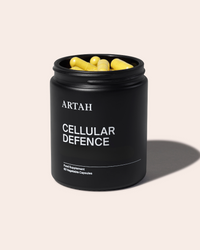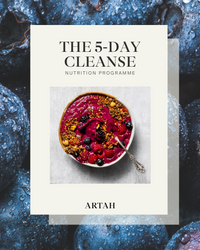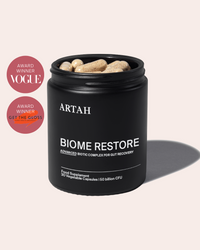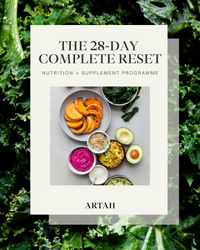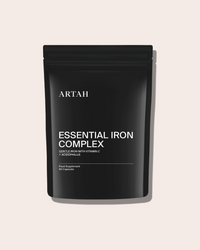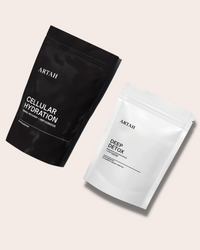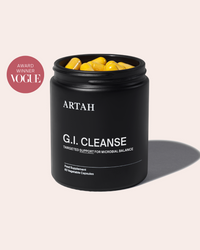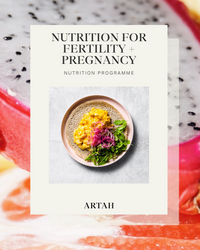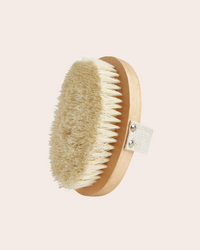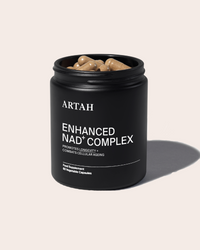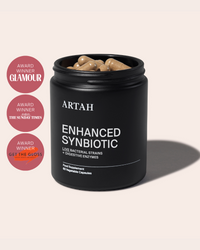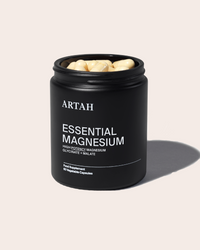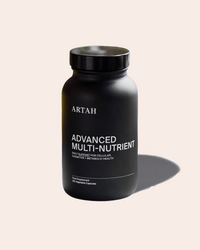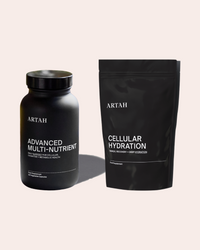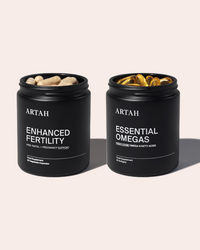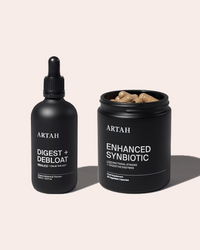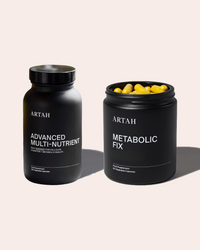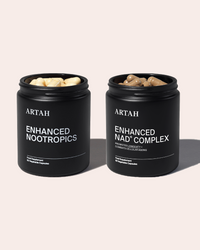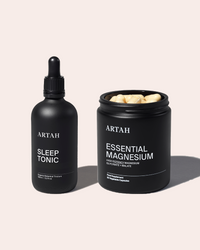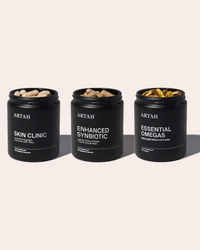Your Eczema Elimination Strategy
A 5-step strategy to healing your skin.
There’s much more to eczema than meets the eye, quite literally. Eczema, also referred to as Atopic Dermatitis, is thought to have genetic, immune and lifestyle components.
Eczema manifests as a persistent, itchy, sore rash, and often occurs when something external irritates the skin. Whilst it’s true that chemicals, dust mites and pet dander can worsen the condition, there are a variety of dietary factors and internal imbalances that can lead to the development or exacerbation of eczema.
The conventional approach to eczema includes a combination of topical steroids, antihistamines and emollients to treat the symptoms and discomfort associated with it, but whilst these measures may reduce some of the visible inflammation associated with eczema, they don’t address the root cause.
What role does our immune system play in eczema?
Although the exact cause is unclear, the immune system involvement plays a well-documented role in eczema, whereby it’s essentially reacting to something that is harmless, and an inflammatory response is activated.
Although inflammation is part of a natural bodily response (e.g., if we’re exposed to a pathogen), if it persists, it can become chronic. In eczema, immune cells send signals to the surface of the skin, causing an itchy, inflamed rash, which prompts scratching. The outer layer of skin then becomes damaged as a result, thereby making it susceptible to bacteria, germs, and allergens, which trigger further immune activation, resulting in even more redness and itching, thereby becoming a vicious cycle of events.
Can you really eliminate eczema? Not entirely. But taking a systemic approach to identifying the imbalances, lifestyle triggers and foods that cause the immune system to overact can help you keep it under control. Here is our strategy for a root cause approach.
1. Identify potential food triggers:
This is perhaps the most important place to start. Eczema is commonly associated with certain food triggers; the most common being allergens gluten and dairy. The other major allergens - including soy, peanuts, corn, eggs and nightshades – have also been known to exacerbate it. Food chemicals, like MSG, preservatives and sweeteners can also have an impact. Whilst each person will have an individual list of triggers, testing a GF/DF regime for a period of time is the first step in any holistic approach.
What to do:
To identify possible food triggers – consider an elimination diet like The 28-Day Reset, whereby you remove food groups and reintroduce them one by one in order to identify triggers. This will take you through a gluten, dairy, soy, corn, and peanut free protocol, but if you’re in the middle of a flare up or your eczema is severe, it’s worth modifying the recipes to omit nightshades, as well. It’s important to note that whilst elimination diets can be an effective way to reduce inflammation and calm flare ups, they are designed to be temporary. Following a restrictive diet in perpetuity can eventually lead to deficiencies.
2. Focus on gut health:
Over 80% of immunity resides in the gut, which is why addressing any fundamental issues with the microbiome and gut barrier is an important part of your eczema elimination strategy. Restoring normal gut flora and intestinal immunity can help reduce the food trigger sensitivity and inflammation associated with eczema.
Antibiotic use in particular is associated with negative effects on the microbiome, including a reduced diversity of species and altered metabolic activity. This dysbiosis can result in various gut-related symptoms such as bloating, digestive issues, increased inflammation, and impaired immunity. Since the gut hosts so much of our immune system, and we know of the link between eczema and immune-system activation, the presence of dysbiosis has a clear potential impact when it comes to eczema.
What to do:
Eat more prebiotics (garlic, onions, leeks, asparagus, bananas, oats), probiotics (sauerkraut, kimchi, tempeh, pickles, miso, kefir, natto), and increase plant diversity in the diet (aim for 30+ different plants per week). Eat less refined sugar, alcohol, ultra-processed foods, deep fried foods, gluten, dairy, sweeteners, and food chemicals like msg.
What to take:
Supplement with G.I. Fix, which is particularly helpful if you’re experiencing bloating and uncomfortable gastrointestinal symptoms, and/or if you have been exposed to antibiotics. In addition to pre and probiotic support, the combination of Triphala and Licorice reduces inflammation, supports elimination, improves immunity, and has a demulcent effect in the gut.
3. Incorporate functional foods that support your immune system:
As we have already noted, certain foods can be implicated with unwanted immune system stimulation. On the flip side, introducing targeted functional foods and nutrients can help to support the immune system, restore the skin barrier, and reduce chronic inflammation.
What to do:
Eat more essential fatty acids (oily fish, olive oil, chia seeds, flaxseeds, walnuts), flavonoids (beneficial compounds found in many vegetables and fruit, including dark berries, red cabbage, tea and herbs), and vitamin E (sunflower seeds, almonds, avocado, peppers, blackberries). Quercetin containing foods can also help reduce histamines, so think apples, onions, parsley, sage, dark cherries, cold pressed olive oil and green tea. Eat less inflammatory oils (refined sunflower, vegetable, + seed oils), refined sugar, fried foods, red meat, processed meats, trans fats, food chemicals and alcohol.
Supplement with:
Essential Omegas, a potent anti-inflammatory blend of Omega 3 fatty acids, Cellular Defence, a highly therapeutic blend of medicinal mushrooms, vitamins and phytonutrients designed to strengthen the immune system, and Essential GLA, a blend of borage oil and vitamin E, which have been linked to a reduction in symptoms linked to inflammatory skin conditions like eczema. These supplements can be found in our Eczema Set.
4. Address stress:
Excess stress is one of the most common contributing factors to so many chronic conditions, and this is no exception. Because of its impact on our immune system, inflammatory status, and skin barrier function, psychological stress has been identified as a significant contributor to eczema, which is why stress management is a must have in your treatment approach. Focus on practices that nurture your parasympathetic nervous system (the “rest and digest” aspect of the nervous system) and reduce the activity of the sympathetic nervous system (the ‘fight or flight’ part).
What to do:
Less of this: poor work-life balance, lack of daylight, sedentary lifestyle/lack of movement, screen time, worrying, burning the candle at both ends, and alcohol.
More of this: meditation, breathing exercises, walking, exercise, yoga, time outdoors, and spending time with loved ones. Also, don’t underestimate the importance of sufficient, good quality sleep when it comes to supporting our immune health.
5. Audit your skincare products:
A lot of skincare and makeup contain irritants that can exacerbate symptoms of eczema, so it’s important to choose your skincare wisely. Removing exposure to irritants and harmful chemicals is a first step – look for propylene glycol, cocamidopropyl betaine, methylchloroisothiazolinone, diazolidinyl urea or other forms of urea, lanolin, fragrances, and products derived from wheat or gluten. Look for soothing natural ingredients like vitamin E, shea butter, hyaluronic acid, niacinamide and, if you’ve already established that oats are safe for you, colloidal oatmeal.
Supplement roundup:
- Address inflammation, immunity and skin barrier function with the Eczema Set
- If gut health is an issue, try G.I Fix
Eczema is a challenging and frustrating condition, but with a structured approach, can be drastically improved. Food and supplements are extremely important, but it’s also essential to adopt lifestyle habits that nurture your immune system, reduce inflammation, help you feel calm, emotionally supported and as balanced as possible.
—
This article is for educational purposes only and the implementation of the theories and practices discussed is at the sole discretion of the individual. All advice given is not a substitute for medical advice, diagnosis, or treatment. If you have any concerns about your health, you should speak with your physician.








